Talks help warm up Sino-Japanese ties
Updated: 2015-10-15 07:19
(China Daily)
|
||||||||
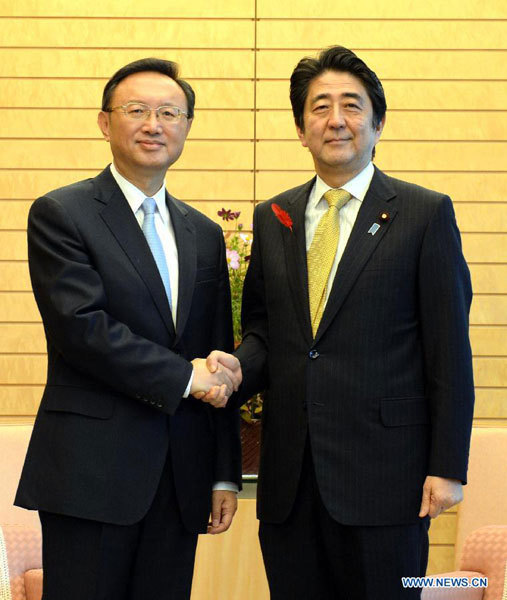 |
|
Chinese State Councilor Yang Jiechi (L) shakes hands with Japanese Prime Minister Shinzo Abe in Tokyo, Japan, on Oct 14, 2015. Japanese Prime Minister Shinzo Abe met on Wednesday with visiting Chinese State Councilor Yang Jiechi, who came to Tokyo for the second China-Japan high-level political dialogue.[Photo/Xinhua] |
The meeting between Japanese Prime Minister Shinzo Abe and visiting Chinese State Councilor Yang Jiechi in Tokyo on Wednesday signals both countries are making efforts to ease tensions and melt the ice in their bilateral ties.
Yang, the highest level Chinese official to visit Japan in three years, was in Tokyo to co-chair the second China-Japan high-level political dialogue with Japan's National Security Adviser Shotaro Yachi on Tuesday. During their meeting, they agreed to continue to use the high-level dialogue to improve their relations.
There has been a lot of talk as well about the possible resumption of the trilateral talks between the leaders of China, Japan and the Republic of Korea. Trilateral summits were held five times from 2008 to 2012, but they have been stalled since then amid regional rows over historical and territorial issues.
All these positive signs show the possibility of a sustained thaw in Sino-Japanese ties. Especially because economic ties and people-to-people exchanges have remained vibrant, despite their disputes over the Diaoyu Islands in the East China Sea and the historical issues that have strained political ties. So there is still a solid foundation for relations between the two neighbors.
And both Beijing and Tokyo know an improvement in bilateral ties would contribute to stabilizing the interaction between them and help them pursue common development.
But Yang's visit to Japan was overshadowed by Japan's opposition to the inscription of Nanjing Massacre documents in UNESCO's Memory of the World Register. Abe's remarks on Wednesday showed he was less than happy about the inscription, and other officials' nagging refusals to acknowledge the irrefutable facts about that dark episode in history and attempts to discredit the UN body's decision have been both ill-advised and unwise.
Abe and his colleagues should bear in mind that China is upholding the right view of history in order to sustain peace, and challenging China's bottom line on historical issues will only do a disservice to the ongoing efforts to improve bilateral ties.
Considering that Japan has reached an agreement with 11 other countries on the US-initiated Trans-Pacific Partnership pact, the island country should also work to realize the proposed China-Japan-ROK Free Trade Agreement at an early date, as the latter would not only promote balanced economic development but also contribute to regional prosperity.
Japan is keen on realizing a leader's meeting, and China is not opposed to that. But Tokyo should not use the meeting as a political stunt. Instead, it should take it as an opportunity to accelerate regional cooperation, as this caters to the interests of all.

 Autumn's colorful wardrobe
Autumn's colorful wardrobe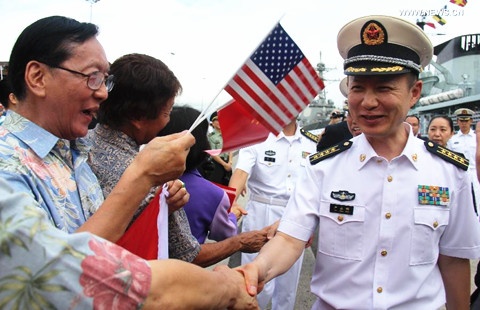
 Chinese Navy's training vessel arrives in Pearl Harbor
Chinese Navy's training vessel arrives in Pearl Harbor
 Robot dances, drones fly at HK Electronics Fair
Robot dances, drones fly at HK Electronics Fair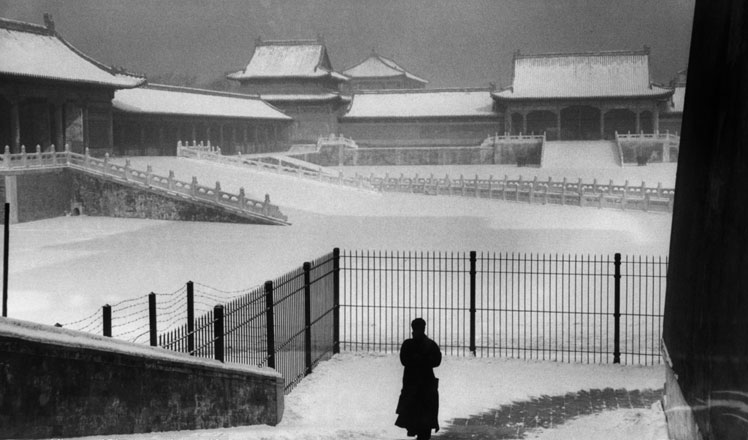
 Palace Museum: The past through the eyes of Magnum photographers
Palace Museum: The past through the eyes of Magnum photographers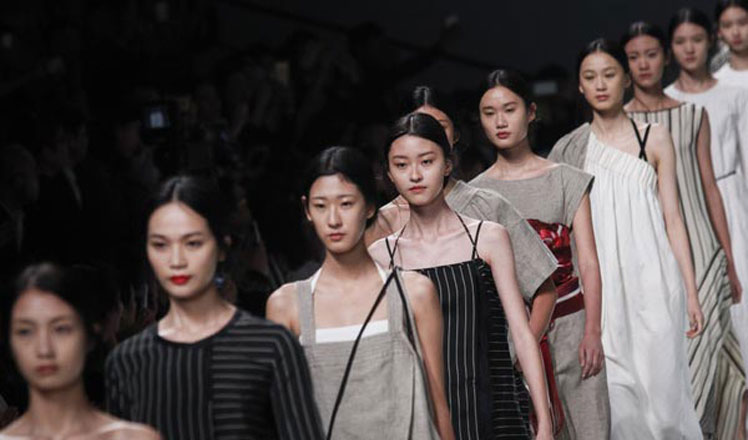
 Designer Zhu Chongyun kicks off Shanghai Fashion Week
Designer Zhu Chongyun kicks off Shanghai Fashion Week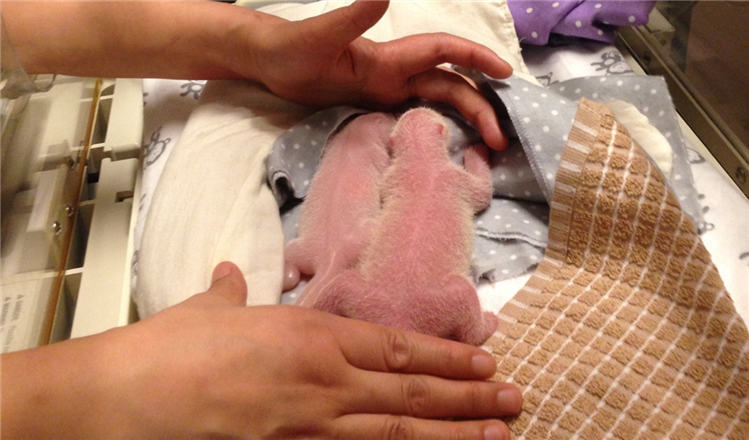
 A Canadian first: The birth of two panda cubs
A Canadian first: The birth of two panda cubs
 PLA navy ship arrives in Pearl Harbor
PLA navy ship arrives in Pearl Harbor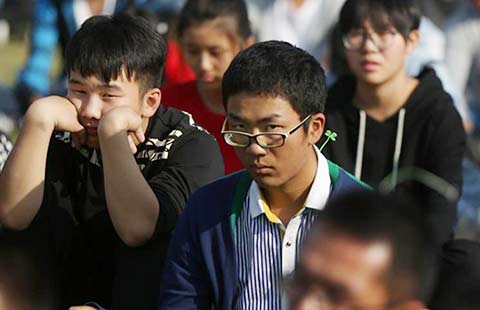
 Staring contests give gazing a competitive edge
Staring contests give gazing a competitive edge
Most Viewed
Editor's Picks

|

|

|

|

|

|
Today's Top News
Tu first Chinese to win Nobel Prize in Medicine
Huntsman says Sino-US relationship needs common goals
Xi pledges $2 billion to help developing countries
Young people from US look forward to Xi's state visit: Survey
US to accept more refugees than planned
Li calls on State-owned firms to tap more global markets
Apple's iOS App Store suffers first major attack
Japan enacts new security laws to overturn postwar pacifism
US Weekly

|

|








